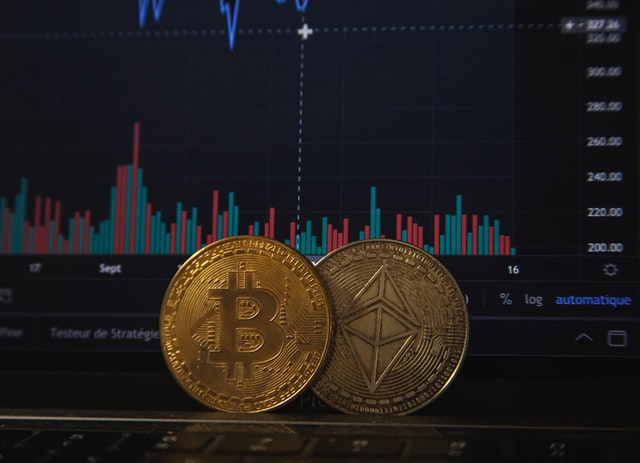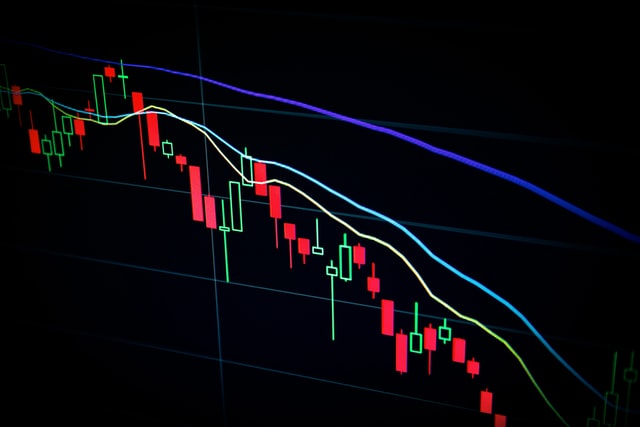Is it possible to become wealthy through FX trading? Although our first response to that question would be a resounding “No,” we need to modify it. If you’re a hedge fund with huge funds or a very good currency trader, forex trading may make you wealthy. However, forex trading may be a rocky road to massive losses and potential penury for the typical retail trader, rather than being an easy route to riches.
Unexpected occurrences
Consider a recent example to better understand the dangers of FX trading. On Jan. 15, 2015, the Swiss National Bank lifted the three-year-old ceiling on the Swiss franc versus the euro by 1.20. 1 As a result, the Swiss franc rose by as much as 41% versus the euro on that particular day. 2
Innumerable forex traders, from tiny individual investors to huge institutions, have suffered losses in the hundreds of millions of dollars due to Switzerland’s central bank’s surprising decision. Retail trading losses wiped out the capital of at least three brokerages, rendering them insolvent, and pushed FXCM, the largest retail forex brokerage in the United States, to the brink of bankruptcy.
Excessive Leverage is a term used to describe a situation in which there is
Although currencies may be volatile, extreme gyrations such as the one seen in the Swiss franc are rare. For example, a significant increase in the euro from 1.20 to 1.10 against the US dollar over a week is still less than a 10% change. On the other hand, stocks may readily fluctuate by 20% or more in a single trading day. The attractiveness of forex trading, on the other hand, stems from the massive Leverage offered by forex brokerages, which may compound returns (and losses).
A trader who shorts $5,000 in euros against the US dollar at 1.20 and then covers the short position at 1.10 will win $500, or 8.33 percent. The profit would be $25,000, or 416.67 percent if the trader employed the maximum Leverage of 50:1 allowed in the United States (ignoring trading fees and commissions). 3
For instance, if the trader had been long euro at 1.20 and utilized 50:1 Leverage, the potential loss would have been $25,000 if the trade had been exited at 1.10. Power can be as high as 200:1 or even greater in some foreign countries. Regulators in several countries are cracking down on excessive Leverage since it is the single largest risk factor in retail FX trading.
The Risk-to-Reward Ratio Is Asymmetric
Seasoned forex traders reduce their losses to a minimum and make up for them with large profits when their currency prediction is accurate. On the other hand, most retail traders go the other way, generating tiny earnings on several trades but then holding on to a bad transaction for too long and losing a significant amount of money. This might potentially result in you losing more money than you put in.
Malfunction of the Platform or System
Consider your situation if you have a significant position and cannot finish a trade due to a platform or system breakdown, ranging from a power outage to an Internet overload or a computer meltdown. This category would also cover situations when orders such as stop-losses do not operate due to extreme volatility. Before the currency soared on Jan. 15, 2015, several traders had strong stop-losses in place on their short Swiss franc bets. These were useless, however, since liquidity dried up as everyone rushed to liquidate their short franc holdings.
Edge of No Information
The largest forex trading institutions have vast trading operations that are connected to the currency world and have an information advantage (for example, commercial forex flows and covert government action) that the average retail trader does not have.
The volatility of the currency
Consider the Swiss franc as an example. Due to high levels of Leverage, trading money can be swiftly exhausted during moments of extraordinary currency volatility. These occurrences can occur unexpectedly, causing markets to change before most individual traders have a chance to respond.
OTC (Over-the-Counter) Market
The forex market, unlike the stock and futures markets, is an over-the-counter market that is neither controlled nor regulated. This also implies that no clearing body guarantees forex deals, thereby exposing traders to counterparty risk. 4
$6 Trillion Every DayWhile the forex OTC market is decentralized, it is huge, with more than $6 trillion worth of currencies trading each day, according to statistics from the 2019 Triennial Central Bank Survey on Foreign Exchange.
5
Market Manipulation and Fraud
In the forex market, there have been a few instances of fraud, such as Secure Investment, which vanished in 2014 with more than $1 billion in investor assets.
6 Forex rate manipulation has also been common among some of the world’s most powerful players. Five big banks, for example, were fined over $6 billion in May 2015 for attempting to influence exchange rates between 2007 and 2013, bringing their total penalty to nearly $9 billion. 7
Stop-loss hunting is a systematic method used by market manipulators to influence the markets. These major corporations will coordinate price decreases or increases based on where they expect retail traders to place their stop-loss orders. The forex position is sold when those are triggered automatically by price movement, and it may produce a cascade effect of selling when each stop-loss point is activated, resulting in significant gains for the market mover.
Is Forex Trading Profitable?
Forex trading may be successful, but timelines must be considered. It’s simple to make money in the short term, as measured in days or weeks. However, being successful over a long period of time is typically a lot simpler when you have a substantial amount of capital to leverage and a risk management framework in place. Many retail forex traders do not last more than a few months or years in the market.
Is Forex a High-Risk Investment?
Forex trading is exceedingly risky, even if they are confined to percentages of a single point. Because the amount required to make a big profit in forex is so large, many traders use excessive Leverage. The hope is that their power would result in gain, yet leveraged positions almost always result in exponential losses.
Is Forex a Riskier Investment Than Stocks?
The way most individuals trade stocks is not the same as how they trade forex. The bulk of stock traders would buy and keep equities for months or even years, whereas forex dealers sell by the minute, hour, or day. Due to Leverage, the timescales are substantially shorter, and price swings have a more dramatic influence. A 1% change in a stock isn’t much, but a 1% change in a currency pair is significant.
Final Thoughts
If you still want to try your hand at forex trading, keep a few safety precautions in mind: restrict your Leverage, employ tight stop-losses, and work with a trustworthy forex brokerage. Despite the fact that the odds are still stacked against you, these strategies may help you level the playing field to some extent.




